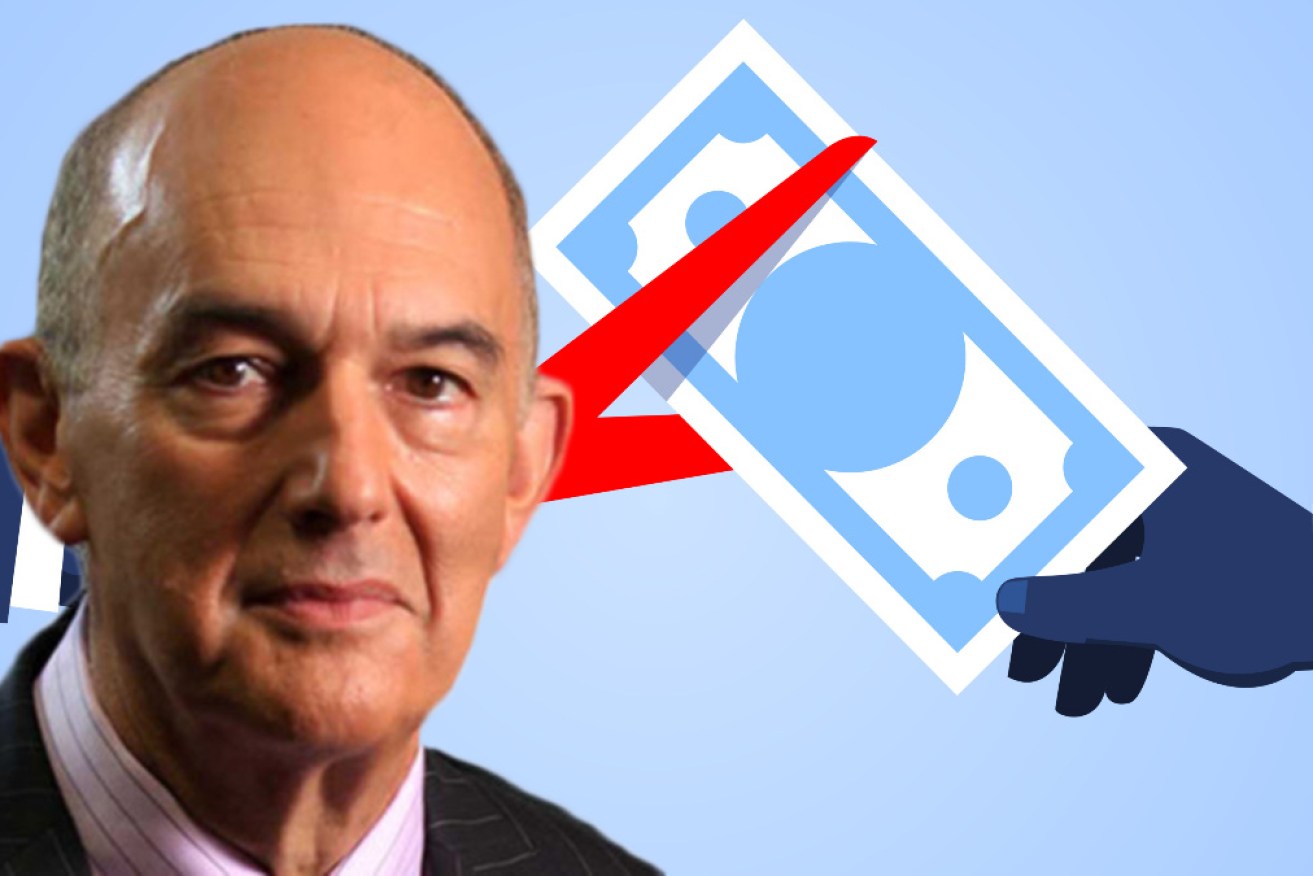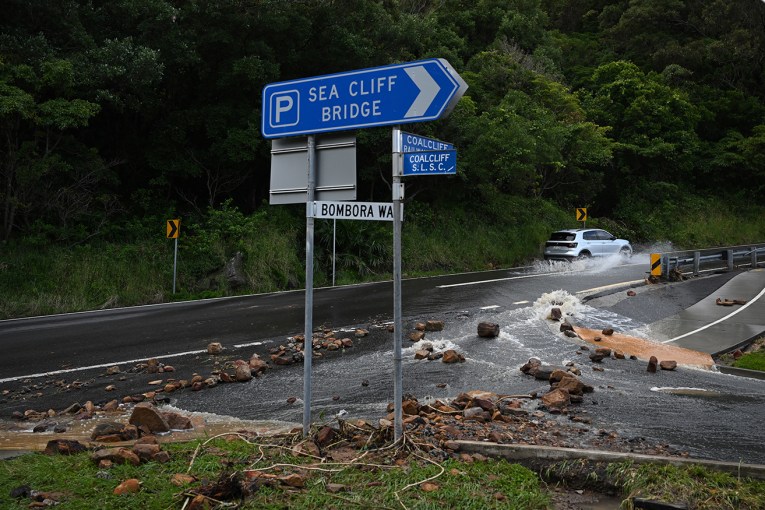Paul Bongiorno: Playing cat and mouse on tax serves the nation poorly


The lack of tax reform is selling Australians short, Paul Bongiorno says.
Less than 24 hours after delivering the biggest budget debt whopper in history, the government began attacking Labor over its doubts about the wisdom and affordability of the 2024 stage three tax cuts.
This more than anything else is confirmation that there is only one thing on the Prime Minister and his sidekicks’ minds and that is setting up the terms of the debate that will most favour the Coalition in the looming election.
It is certainly much safer than having to defend the vaccine and quarantine shambles that has them ducking for cover and hoping that our so far world-leading virus containment lasts for a few more months.
Scaring the bejesus out of voters over tax is a time-honoured election-winning device employed by both sides of politics – just ask the Liberals’ John Hewson or Labor’s Bill Shorten who both lost “unlosable elections” after relentless scare campaigns.
Treasurer Josh Frydenberg clearly thinks a rerun of his 2019 election mantra that Labor planned to raise taxes by $387 million is still salient – he repeated it on Sunday while defending his $135 billion – that’s right billion – tax cuts planned for 2024.
While political hard heads believe all is fair in love and war, if ever we needed a reality check on our taxation system it is now.
Put simply, it is not fit for purpose. It relies too heavily on personal income taxes and entrenches a growing gap between those at the top of the heap and the rest of us.
It is not fit for purpose because as far as the eye can see, or more technically out beyond the forward estimates, there is not a balanced budget in sight.
But as Labor and a number of economists have pointed out, this trillion dollar tsunami of red ink does nothing to lift wages and living standards for a majority of Australians.
And that is despite the Treasurer claiming that the windfall tax hand-back benefitting the top 20 per cent of incomes in 2024 would also benefit economic growth and, therefore, everyone. His own budget figures don’t support his claims.
Mr Frydenberg talks of “rewarding aspiration”, which is really code for generous handouts to the already better off, whether they be wealthy individuals or corporations.
So far, Anthony Albanese and Labor have not taken the bait on being sucked into an argument on the already legislated tax cuts that would cost $17 billion a year and as Josh Butler pointed out, that’s more than the government allocated to its aged-care crisis response.
There is little real appetite in Labor to give the Liberals a chance to reprise “Labor, the bill you can’t afford” next time.
Some in the caucus think there could be scope to follow President Joe Biden and support tax cuts up to a high-income threshold of about $200,000 – much less than the American’s $400,000.
It would certainly test recent Australia Institute polling suggesting there has been a paradigm shift and voters accept that better services need to be paid for by taxes.
Scott Morrison wasn’t game enough to risk it. He rejected the aged care royal commission’s recommendation to use an income tax levy to pay for reforms.
The Liberals face the prospect of Labor being able to accuse them of raising taxes for 10 million Australians when the low- and medium-income tax offset ends next year before stage three kicks in.
For now, the Treasurer is insisting the offset was always meant to be temporary, but standby for an election campaign change of heart if Labor keeps it. What’s another $7 billion to the $79.5 billion deficit forecast for the 2023-24 year?
This cat and mouse game serves us poorly.
Facing up to economic realities would see a revisiting of the billions of dollars foregone in tax concessions like negative gearing and the capital gains discount. They were dishonestly described as tax rises in the election campaign.
Besides helping repair the revenue, it would significantly address the housing affordability crisis cruelling families.
Then there is the gouging of Australia’s vast non-renewable mineral resources that see untaxed eye-watering super profits making our mining billionaires even richer and leaving future generations more vulnerable to economic crises.
Paul Cleary’s excellent analysis in The Sydney Morning Herald points out that the three big players in the Pilbara – BHP, Rio Tinto and Fortescue – generate a profit margin of about 70 per cent “which far exceeds the tech giants such as Amazon and Netflix”.
A mining super profits tax is unfinished business that should be revisited.
It could be the basis of a future fund and blunt some market economists’ calls for raising the GST, which is a direct tax hitting the poor much harder.
So much that could be done, so little courage to do it and sell it.
Paul Bongiorno AM is a veteran of the Canberra Press Gallery, with 40 years’ experience covering Australian politics








